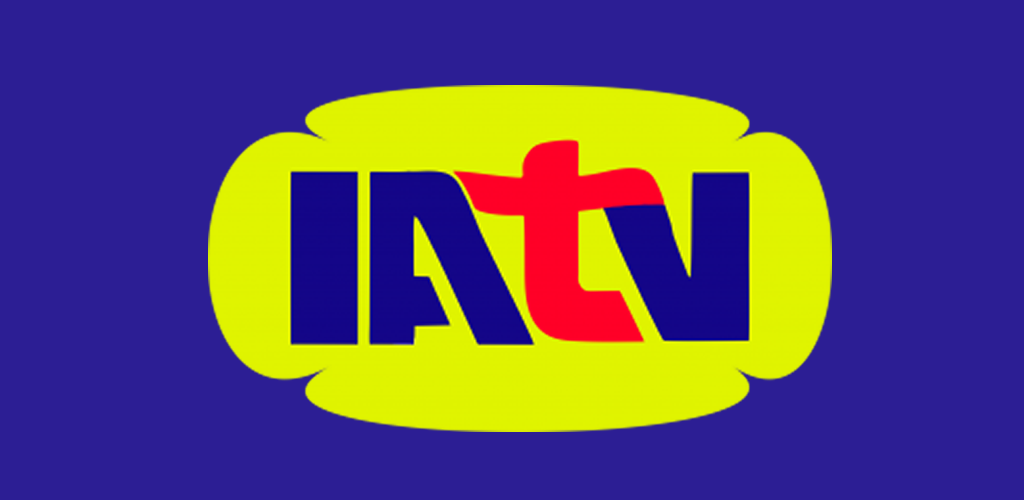Britain’s Prime Minister Boris Johnson is considering calling in the army to drive fuel tankers as petrol stations prepare for their fifth day of panic buying.
The government on Sunday evening triggered emergency measures amid warning from the Petrol Retailers Association (PRA) that up to 90 per cent of forecourts had run dry.
Business Secretary Kwasi Kwarteng suspended competition laws for the fuel industry which will allow suppliers to top up rival sites if stocks are running low.
However, Brian Madderson, chairman of the PRA, said while the decision would be welcomed by the industry, it was unlikely to be a game-changer.
The Times quoted a senior government source suggesting ministers were keen to deploy soldiers within days, rather than wait for the problem to get worse.
The UK is suffering from a severe shortage of HGV drivers which has made it difficult for suppliers to deliver enough fuel to stations.
On Saturday. ministers announced a temporary visa scheme which will see 5,000 foreign HGV drivers allowed into the UK on three-month contracts in the lead up to Christmas.
However, some figures in the industry said it was just a short-term fix and would not stamp out the shortages in the long-run.
Mac Fels, director of HGV Recruitment Centre, said the overseas workers are “not going to make a very large dent on the 90,000-100,000 that we are perceived to be short”.
Announcing the suspension of competition laws, Mr Kwarteng said: “We have long-standing contingency plans in place to work with industry so that fuel supplies can be maintained and deliveries can still be made in the event of a serious disruption.
A petrol station at Colliers Woods, in London. Fuel delivery problems in the UK have led to panic buying and shortages at the pumps. Rob Greig for The National
“While there has always been and continues to be plenty of fuel at refineries and terminals, we are aware that there have been some issues with supply chains.
“This is why we will enact the Downstream Oil Protocol to ensure industry can share vital information and work together more effectively to ensure disruption is minimised.”
Mr Madderson told BBC Radio 4’s Today programme the problem is concentrated in urban areas of England, Wales and Scotland.
He said one petrol station yesterday received a delivery in the morning and by the afternoon “the entire tanker had disappeared in people’s cars”.
He said he hoped supply issues would be “less of a problem by the end of this week” and added weight to the Prime Minister’s plan to use soldiers, saying troops were being trained “in the background” to drive HGVs.
“One of our members whose got a very large site, he reported 500 percent more volume sales last Saturday than the previous,” he told Sky News this morning.
“So people have not been going and buying their normal 20 and 20 litres to get them through the week, they’ve actually been topping up every time.
“And of course with 36 million vehicles on the road, capacity in their tanks is way more than we have underground on the full.”
Mr Madderson said between 50 and 90 per cent of forecourts who are members of the PRA, which represents the majority of petrol stations in Britain, had run out of fuel.
BP said on Sunday that nearly a third of its petrol stations had run out of the two main grades of fuel.
Last week drivers were told to keep a quarter tank full to avoid running out of fuel mid-journey.
The PRA boss pointed the finger of blame at the whistle-blower who leaked a report about HGV driver shortages last week, setting off “mayhem” at the pumps.
He claimed the issue was “entirely well contained at that point by the industry and by government who were moving towards some solution”.
Meanwhile France’s minister for European Affairs Clement Beaune has blamed Brexit for the fuel crisis blighting Britain.
On Monday he said the problems affecting motorists across the country reflected the “intellectual fraud” that was Brexit. “Every day, we see the intellectual fraud that was Brexit,” Beaune told France 2 television.

